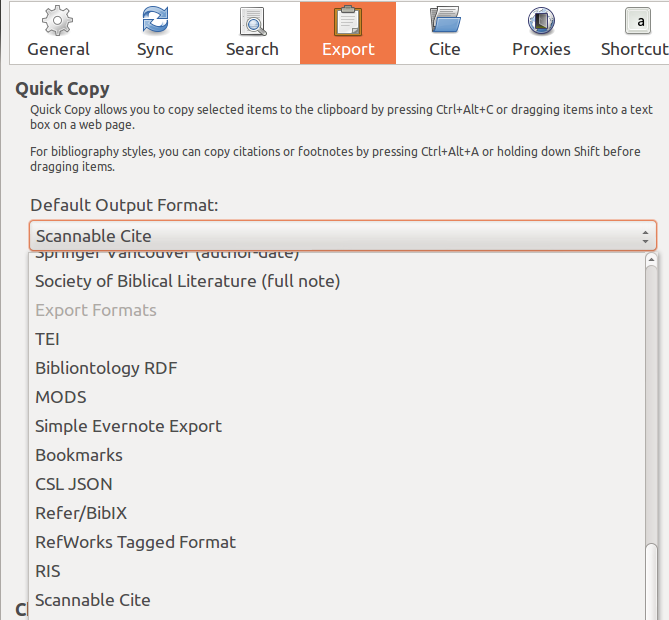


In a literary analysis paper, for example, you”ll want to quote from the literary text rather than summarize, because part of your task in this kind of paper is to analyze the specific words and phrases an author uses. Also, it’s often conventional to quote more extensively from sources when you’re writing a humanities paper, and to summarize from sources when you’re writing in the social or natural sciences–but there are always exceptions. Most of your paper should be in your own words. In general, use direct quotations only if you have a good reason. Quoting - Explanation Should I paraphrase or quote? And in the case of both general and field-specific common knowledge, if you use the exact words of the reference source, you must use quotation marks and credit the source. If in doubt, be cautious and cite the source. For instance, you may not need to cite a reference to Piaget’s developmental stages in a paper for an education class or give a source for your description of a commonly used method in a biology report-but you must be sure that this information is so widely known within that field that it will be shared by your readers. It may include facts, theories, or methods that are familiar to readers within that discipline. In general, factual information contained in multiple standard reference works can usually be considered to be in the public domain.įield-specific common knowledge is “common” only within a particular field or specialty. General common knowledge is factual information considered to be in the public domain, such as birth and death dates of well-known figures, and generally accepted dates of military, political, literary, and other historical events.

You do not need to cite a source for material considered common knowledge: If a source provided any of these, you need to acknowledge the source. Ideas: An author’s ideas may include not only points made and conclusions drawn, but, for instance, a specific method or theory, the arrangement of material, or a list of steps in a process or characteristics of a medical condition. Information: If a piece of information isn’t common knowledge (see below), you need to provide a source. Information and IdeasĮven if you use your own words, if you obtained the information or ideas you are presenting from a source, you must document the source. If you use an author’s specific word or words, you must place those words within quotation marks and you must credit the source. When using sources in your papers, you can avoid plagiarism by knowing what must be documented. Merriam Webster’s Collegiate Dictionary, 10th ed.
#Write n cite does not appear in word for mac how to
These materials will help you avoid plagiarism by teaching you how to properly integrate information from published sources into your own writing.ġ. However, when building on the work of others, you need to be careful not to plagiarize: “to steal and pass off (the ideas and words of another) as one’s own” or to “present as new and original an idea or product derived from an existing source.”1 The University of Wisconsin–Madison takes this act of “intellectual burglary” very seriously and considers it to be a breach of academic integrity. College writing often involves integrating information from published sources into your own writing in order to add credibility and authority–this process is essential to research and the production of new knowledge.


 0 kommentar(er)
0 kommentar(er)
